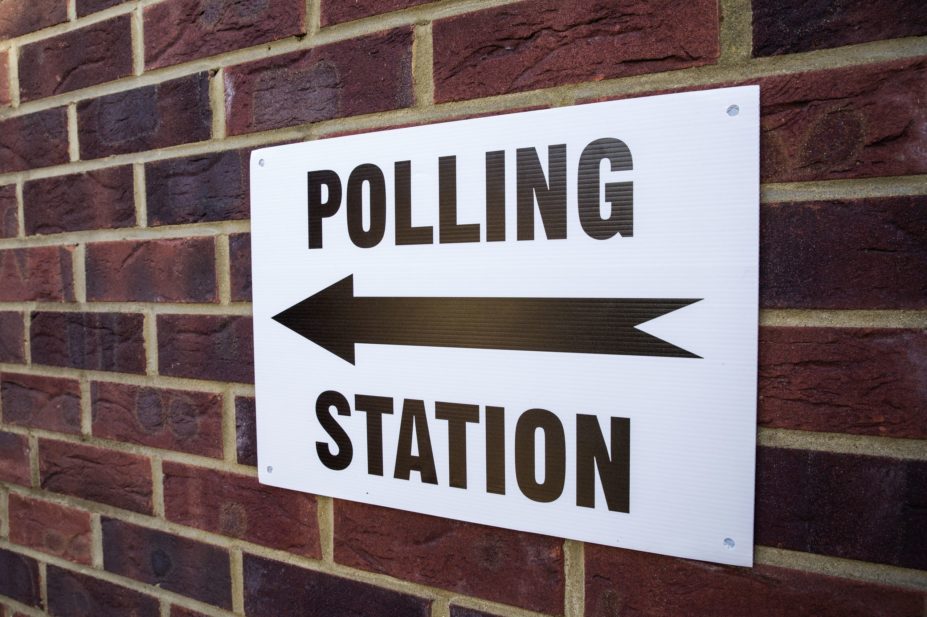
Shutterstock.com
After the past three years, most British citizens must be suffering from a severe bout of ‘voter fatigue’. First we had the general election of May 2015, followed by a referendum on leaving the EU in June 2016 and then, in April 2017, prime minister Theresa May announced a snap general election for 8 June 2017. UK voters will, once again, be asked to decide which political party should lead the country over the next five years.
Voters have a myriad of issues to grapple with when deciding which party to support. Meanwhile, politicians have already started their campaigning by making emotional pleas to tug at our heart strings.
In an ideal world, policymaking would always be founded on solid evidence. But, in reality, populism and emotion often trump logic. A notable example is the cancer drugs fund (CDF), which formed part of the Conservative party’s manifesto during the 2010 election campaign. According to a study published by UK researchers on 27 April 2017, the fund, which spent £1.27bn between 2010 and 2016, did not provide meaningful value to cancer patients and wider society, and may have unnecessarily exposed patients to adverse drug reactions (
The Pharmaceutical Journal online, 28 April 2017
).
Closer to pharmacy, who could forget the furore around hub-and-spoke dispensing, claimed by the government to be the panacea for making community pharmacy both safer and more efficient (
The Pharmaceutical Journal online, 26 May 2016)? Unlike the CDF, this policy, which was also based on poor evidence, did not take off.
And whatever happened to government proposals to display the price of medicines on packaging in England to help reduce medicines waste and improve adherence? A lack of support and evidence around the proposals probably meant the idea was left on the shelf to gather dust (
The Pharmaceutical Journal 2015;295:7870).
On a more positive note, the investment by the government in the funding of pharmacists in GP surgeries — based on research and policy outlined by leadership bodies for pharmacists and GPs — has been most welcome.
Although the three main political parties are yet to release their full party manifestos — which, despite being a matter of record, means little because successive governments have broken their campaign commitments — there are some issues healthcare professionals might consider before casting their vote:
- Which party has made specific commitments to supporting the strained health and social care system in a sustainable way?
- Are its promises visionary and, most importantly, are they based on evidence and are they deliverable?
- What has its track record been in terms of health? Has it invested in the NHS wisely; wasted money on failed projects; or even cut funding that has affected the quality of healthcare delivered to patients?
There will be many other pressing issues, such as Brexit, the economy and immigration, that will sway swing voters in favour of a particular political party, but as healthcare professionals practising pharmacy in the UK, pharmacists are more likely to view a political party favourably if it champions the profession beyond the rhetoric of ‘untapped potential’ — and that includes adequate funding and remuneration.


